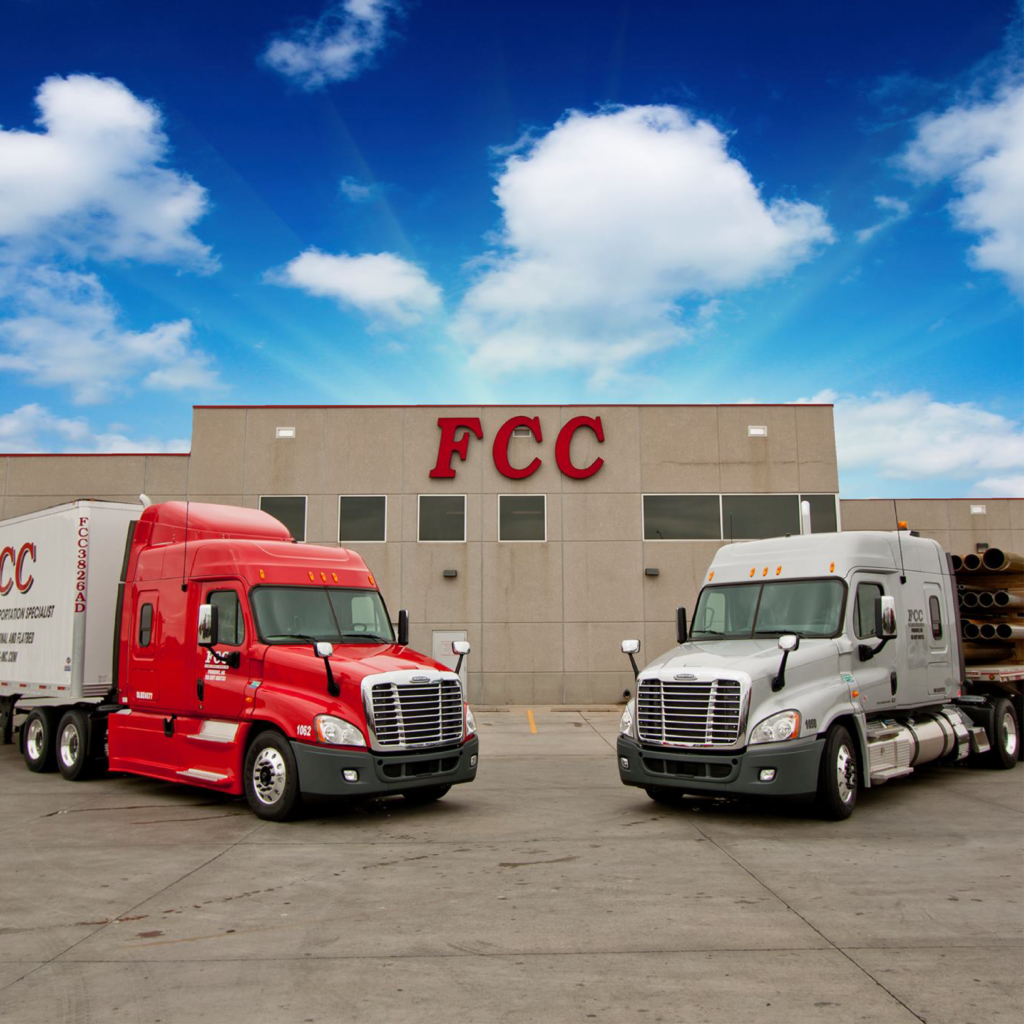

Flatbed Truckers
Flatbed trucks are built differently than tractor-trailers and require additional knowledge to operate. Cargo and freight must be secured in different ways from tractor-trailer loads. Additionally, drivers need to have a thorough understanding of the goods they transport and know how to properly secure the different kinds of cargo. These additional skills mean flatbed trucking often pays more than other positions. Flatbed truck drivers often transport vehicles (including military vehicles), oversized freight, and oddly shaped cargo that would not fit on another type of truck.
Dry Van Truckers
Dry van truckers are often people just starting their careers in the trucking industry. Dry van truckers operate large single trailer vehicles containing non-perishable products and dry goods. Most of the time, dry van truckers do not unload their own trucks, though this is certainly not universally true.
Tanker Truckers
Tanker truckers are one of the most sought-after truckers in the industry. Tanker truckers transport liquids, which is one of the more difficult trucking operations. Tanker drivers need to be willing and able to react quickly if an emergency occurs. Tanker truckers often have to transport hazardous as well as non-hazardous liquids. Their cargo depends on their employer and clients.
Freight Haulers
Freight haulers deliver goods that are not covered by dry van drivers. Freight haulers often transport liquids, oversized loads, and hazardous goods.
Refrigerated Freight Drivers
In many cases, freight loads need to be kept at very specific temperatures in order to remain usable. Refrigerated freight truckers deliver food, medical products, meats, body products, and other highly perishable goods. Also known as reefer drivers, refrigerated freight truckers need to know how to regulate their truck’s temperature, keep tabs on any temperature fluctuations, and keep items stored properly for the best refrigeration and temperature stability. Refrigerated freight drivers are often paid more than other positions because of the high degree of responsibility the job entails.
Local, Regional, and OTR Drivers
Local, regional, and OTR positions are defined by the amount of driving that is part of the job. Local drivers remain in or near a single city. Regional truckers often drive around entire states or metropolitan areas. OTR drivers, on the other hand, can often be given routes anywhere across the United States.
LTL Freight Truckers
LTL (“less than truckload”) means smaller than normal shipments. LTL freight drivers transport shipments that need to go shorter distances or that could not be fit onto another vehicle. LTL drivers often make multiple stops during a single day and generally have to unload their own freight.
The Industry Is Diverse
These are just a few of the most common types of truck drivers in the industry. Many truckers hold multiple positions over their careers with varying degrees of responsibilities and skill levels. It is not uncommon for truckers to gain additional skills and education over time to work their way into better paying or more convenient positions.






